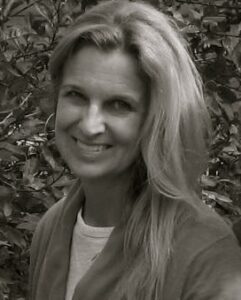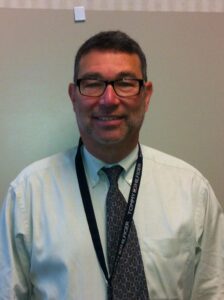New Frontiers in ADR: Restorative Justice and Juvenile Justice
UC Law SF’ Center for Negotiation and Dispute Resolution (CNDR) hosted the final speakers of this series for a one-hour “lunch and learn” virtual event. The series featured different speakers over the course of the 2020-21 school year at UC Law SF, and was open to the public.
Learn more about the “New Frontiers in ADR” series and watch past events
Susan Stone and David Cherniss: Restorative Justice & Its Evolution in Juvenile Justice
On February 24, 2021, CNDR hosted a virtual event for over 40 attendees from across the country in the last talk of this series for the year. Local practitioners Susan Stone and David Cherniss asked “what the future might hold for communities that invest in alternatives to traditional criminal justice practices?” They discussed their innovative Restorative Justice programs in San Francisco and San Mateo, CA, with a focus on system design, integration, sustainability, the evolution of Restorative Practices in Juvenile Justice. They concluded with a conversation that envisions how courts and dispute resolution might look in a post-2020 world, and suggested what kinds of support families and youth need to bring forth enduring positive change.
 Susan Stone is a trainer in restorative justice practices for the San Francisco District Attorney’s Neighborhood Courts program. She has also conducted victim-offender conferencing and case management for the San Mateo Juvenile Probation Department and community dispute mediations for the Peninsula Conflict Resolution Center, the Department of Police Accountability, and led victim-offender workshops at San Quentin State Prison and Maguire Women’s Correctional Facilities (San Mateo County). From 1980 – 2005 Susan worked as a broadcaster, programmer, and union steward in public radio, a communication environment rich in diverse and (often!) dissenting parties.
Susan Stone is a trainer in restorative justice practices for the San Francisco District Attorney’s Neighborhood Courts program. She has also conducted victim-offender conferencing and case management for the San Mateo Juvenile Probation Department and community dispute mediations for the Peninsula Conflict Resolution Center, the Department of Police Accountability, and led victim-offender workshops at San Quentin State Prison and Maguire Women’s Correctional Facilities (San Mateo County). From 1980 – 2005 Susan worked as a broadcaster, programmer, and union steward in public radio, a communication environment rich in diverse and (often!) dissenting parties.
 David Cherniss is the former Senior Managing Attorney for the ADR and Legal Support Services Division of the Superior Court of California, County of San Mateo. He transitioned to the Court in 2001 following 20 years in private practice to develop the Victim/Offender Restorative Justice mediation program for the Juvenile division of the Superior Court. In 2005 he assumed management oversight for both the Delinquency and Dependency Juvenile Mediation Programs and continued to leverage and expand the services through innovative and collaborative community and agency partnerships and most importantly with a dedicated panel of trained community volunteers. The two programs have been recognized as models within the state and served as an example for visiting dignitaries and judicial officers from several countries around the world. The Programs have continued to evolve, adapt and successfully serve the Court and the community of San Mateo throughout the past 20 years.
David Cherniss is the former Senior Managing Attorney for the ADR and Legal Support Services Division of the Superior Court of California, County of San Mateo. He transitioned to the Court in 2001 following 20 years in private practice to develop the Victim/Offender Restorative Justice mediation program for the Juvenile division of the Superior Court. In 2005 he assumed management oversight for both the Delinquency and Dependency Juvenile Mediation Programs and continued to leverage and expand the services through innovative and collaborative community and agency partnerships and most importantly with a dedicated panel of trained community volunteers. The two programs have been recognized as models within the state and served as an example for visiting dignitaries and judicial officers from several countries around the world. The Programs have continued to evolve, adapt and successfully serve the Court and the community of San Mateo throughout the past 20 years.